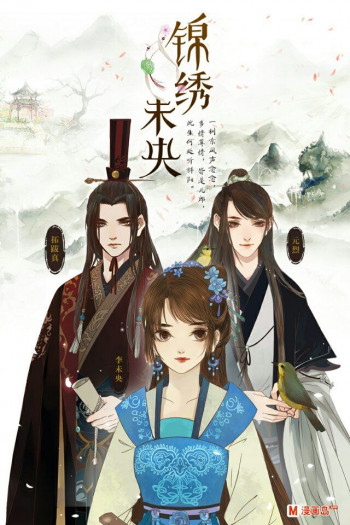Sarah M. Eden’s Snapdragons is a delightful foray into the world of 18th-century Yorkshire, where societal expectations and personal ambitions collide in a charming tale of love, self-discovery, and the pursuit of happiness. The novel deftly explores the tension between duty and desire, offering readers a nuanced portrayal of two individuals caught in the web of arranged marriage, yet yearning for something more.
At the heart of the story is Niles Greenberry, a character who embodies the struggle between familial obligations and personal dreams. From the outset, Niles is portrayed as a man burdened by the weight of expectations. His family’s decision to arrange a marriage with Miss Penelope Seymour is a turning point that threatens to derail his aspirations. Eden skillfully captures Niles’s internal conflict, making him a relatable and sympathetic character. His decision to flee from the impending marriage is not just an act of rebellion, but a desperate attempt to reclaim his autonomy.
In contrast, Penelope Seymour is a breath of fresh air—a woman with ambitions that extend beyond the traditional role of a wife. Her determination to secure her own future through marriage is both pragmatic and empowering. Penelope’s character is a testament to the resilience and resourcefulness of women in a time when their options were severely limited. Her pursuit of Niles, rather than waiting passively for him to return, underscores her proactive nature and sets the stage for a compelling narrative.
The dynamic between Niles and Penelope is one of the novel’s greatest strengths. Their initial meeting, filled with surprise and mutual recognition of their compatibility, is a pivotal moment that shifts the trajectory of the story. Eden’s portrayal of their evolving relationship is both realistic and heartwarming. The chemistry between them is palpable, and their interactions are laced with humor and genuine affection. As they navigate the complexities of their situation, they discover that their dreams may not be as incompatible as they initially believed.
The introduction of Niles’s friends, the Gents, adds a layer of comedic relief and camaraderie to the narrative. Their presence injects a sense of lightheartedness into the story, balancing the more serious themes of duty and ambition. The Gents are a colorful ensemble, each with their own quirks and personalities, and their interactions with Niles and Penelope provide moments of levity and insight. Eden’s ability to weave these secondary characters into the main storyline without detracting from the central romance is commendable.
One of the novel’s most compelling themes is the exploration of societal expectations and the constraints they impose on individuals. Eden paints a vivid picture of 18th-century England, where social norms dictate the course of one’s life. Both Niles and Penelope are acutely aware of the limitations placed upon them by society, yet they refuse to be defined by them. Their journey is one of self-discovery and empowerment, as they challenge the status quo and forge their own paths.
In terms of character development, Eden excels at creating multidimensional characters who evolve over the course of the story. Niles, in particular, undergoes significant growth as he grapples with his fears and insecurities. His transformation from a reluctant groom to a man who embraces his future with Penelope is both believable and satisfying. Similarly, Penelope’s journey from a woman seeking security to one who finds fulfillment in love and partnership is beautifully rendered.
Comparatively, Snapdragons shares thematic similarities with works by authors like Jane Austen and Georgette Heyer, who also explore the intricacies of love and marriage in historical settings. However, Eden’s novel stands out for its modern sensibilities and emphasis on female agency. Penelope’s character, in particular, resonates with contemporary readers who appreciate stories of strong, independent women challenging societal norms.
The novel’s pacing is well-balanced, with a blend of romantic tension, humor, and introspection that keeps readers engaged from start to finish. Eden’s prose is elegant and evocative, capturing the essence of the period while remaining accessible to modern audiences. Her attention to detail in depicting the setting and social customs of the time adds depth and authenticity to the narrative.
Overall, Snapdragons is a captivating and thought-provoking read that offers a fresh take on the historical romance genre. Sarah M. Eden has crafted a story that is both entertaining and meaningful, with characters who linger in the reader’s mind long after the final page is turned. The novel’s exploration of themes such as love, ambition, and self-discovery makes it a compelling choice for readers seeking a story that is both heartwarming and intellectually engaging.
In conclusion, Snapdragons is a testament to Sarah M. Eden’s skill as a storyteller. Her ability to blend humor, romance, and social commentary into a cohesive and engaging narrative is truly remarkable. This novel is a must-read for fans of historical romance and anyone who appreciates a well-crafted story about the complexities of love and the courage to pursue one’s dreams.
























Reviews 0
Post a Reviews: